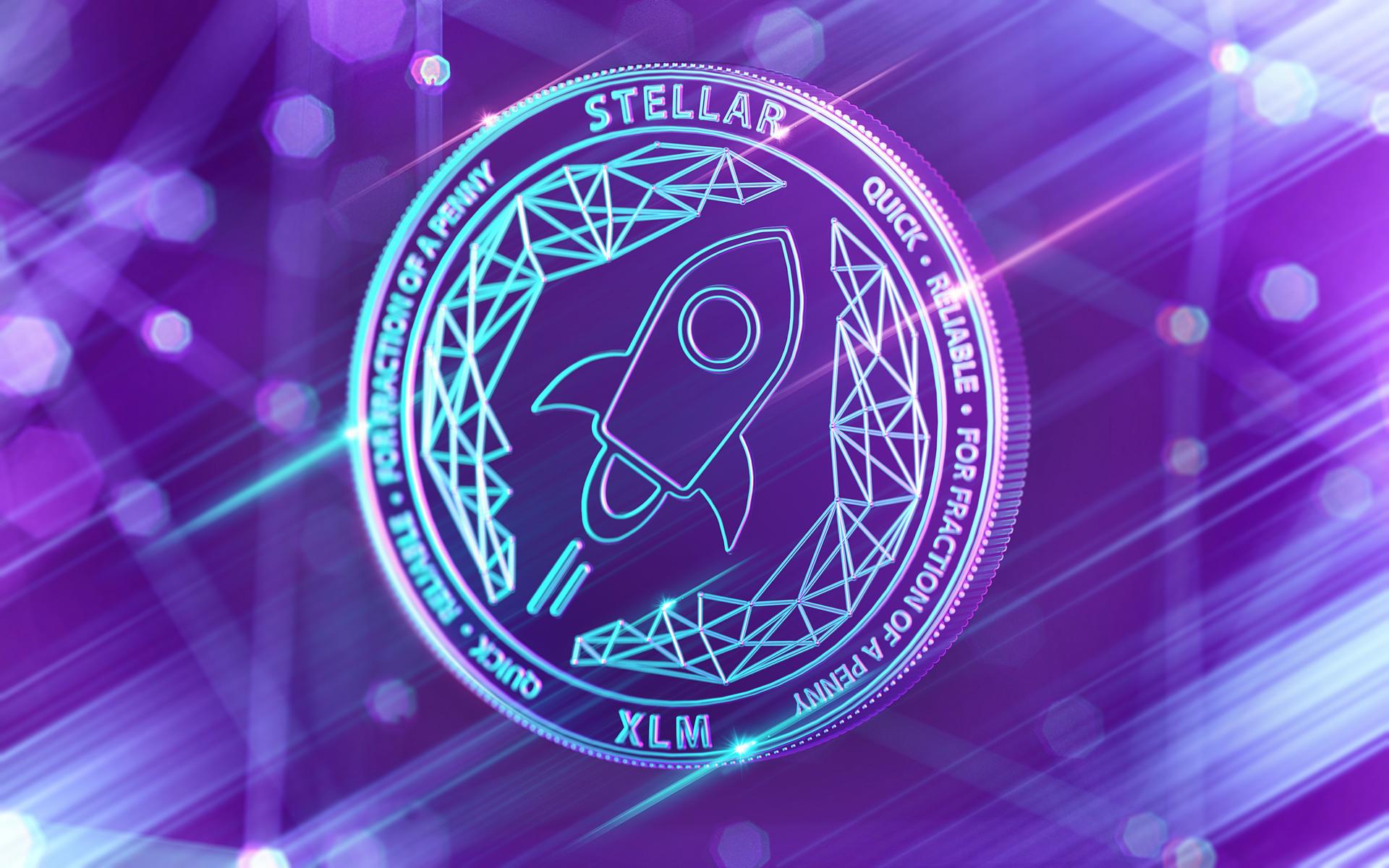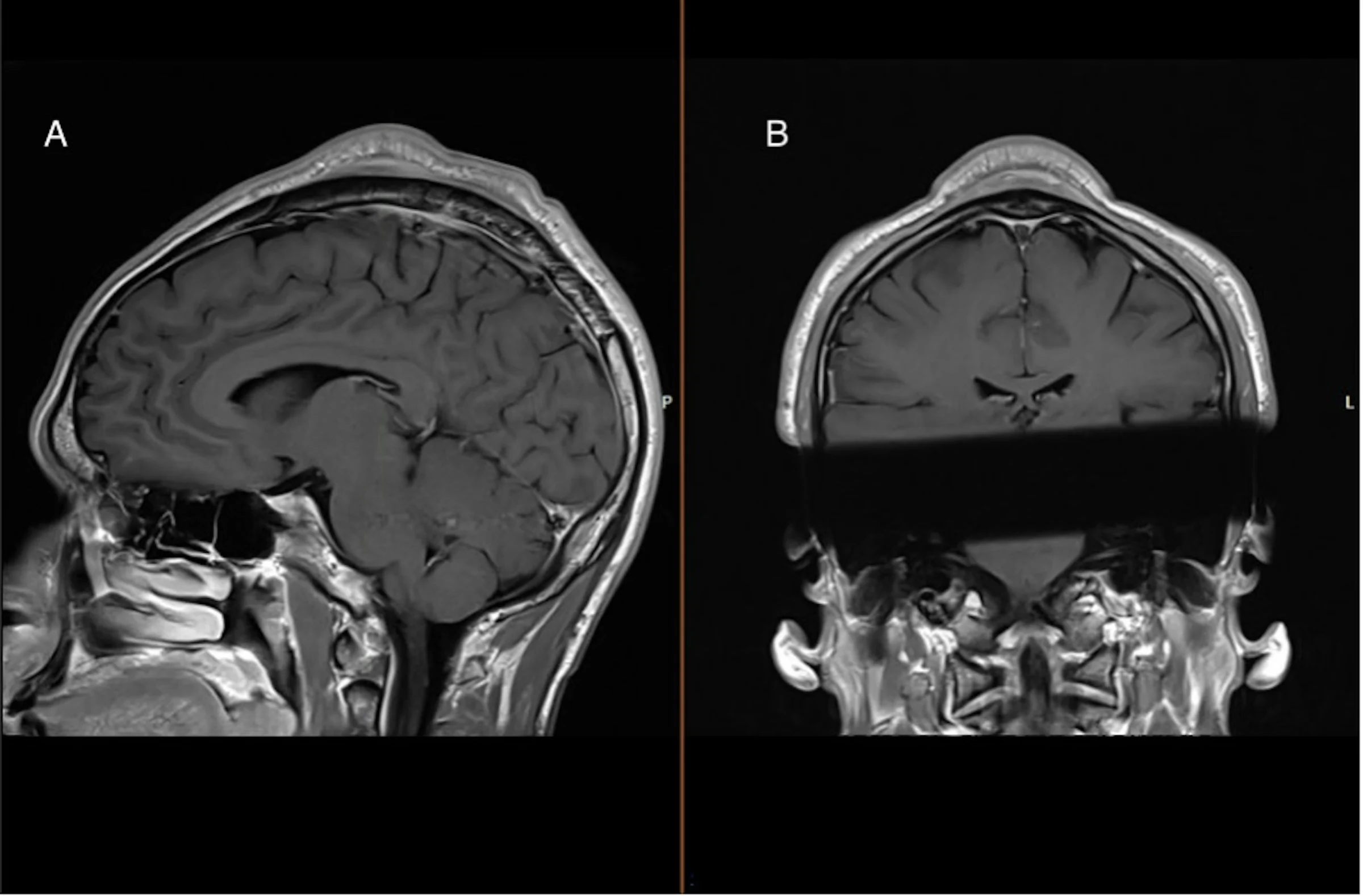![]()
The company also intends to launch its SPIDER technology to the moon in 2026.
Australian space exploration company Fleet Space Technologies yesterday (12 December) announced the closing of a A$150m Series D funding round at a A$800m-plus valuation.
This investment follows a A$50m Series C raise in 2023, which more than doubled the company’s valuation to A$350m, and a A$36m Series B round in 2021.
The aim of Fleet Space is critical mineral exploration to transform the mining industry. It currently has two satellites in low Earth orbit that connect to ground sensors, and uses artificial intelligence (AI), sensors and satellite data to generate predictive insights and drill targeting.
The latest funding round was led by Teachers’ Venture Growth (TVG), the late-stage venture and growth investment branch of the Ontario Teachers’ Pension Plan. It was joined by existing investors Blackbird Ventures, Hostplus, Horizons Ventures, Artesian Venture Partners and Alumni Ventures.
The newly-allocated funds will be used to expand the capabilities of Fleet Space’s end-to-end exploration platform ExoSphere, which the company uses to search for valuable minerals.
Fleet Space explained that the smart seismic sensors used in ExoSphere represent the “technological precursor” for its lunar seismic technology, SPIDER, which it aims to deploy on the Moon in 2026. SPIDER will be used to provide scientists with a greater understanding of the lunar subsurface.
Moreover, the company announced that it is collaborating with MIT Media Lab’s Space Exploration Initiative, and it is also helping to advance off-world research needed for the planning of future space missions to the moon and Mars.
The funding announcement has been welcomed by Federico Tata Nardini, CFO and CIO of Fleet Space, who said: “It’s a signal that in a period of turbulent macroeconomic conditions, the shared commitment to build technologies needed for Earth’s clean energy future combined with solid business execution can attract the right partners.”
He added that the company is looking forward to expanding in the near future.
Ambition for ExoSphere
Elaborating on ExoSphere’s capabilities, Flavia Tata Nardini, CEO and co-founder of Fleet Space, said: “With ExoSphere, we have combined these technologies into an end-to-end platform that seamlessly integrates with and compliments modern mining operations, making the frontier of exploration technology accessible to the global mining industry within a single workflow.”
Nardini, who is a former propulsion engineer at the European Space Agency, maintained that the platform will serve as a “fundamental step to unlock humanity’s potential for making extraordinary discoveries with less environmental impact”.
The latest announcement from Fleet Space comes during a period of growth for the start-up.
The company expanded to the US, Canada, Chile, and Luxembourg with 130-plus employees worldwide to support the deployment of ExoSphere. It also deployed the platform in several regions of Earth while simultaneously delivering a real-time 3D imaging survey in Chile’s Atacama region.
Fleet Space was founded in 2015 by Flavia Tata Nardini and aerospace entrepreneur Matt Pearson. It is headquartered in Adelaide, Australia.
According to the Australian Trade and Investment Commission, the country is quickly turning into a hub for in-space manufacturing and on-orbit servicing, with the industry worth around A$5bn per year.
Don’t miss out on the knowledge you need to succeed. Sign up for the Daily Brief, Silicon Republic’s digest of need-to-know sci-tech news.








Leave a Comment